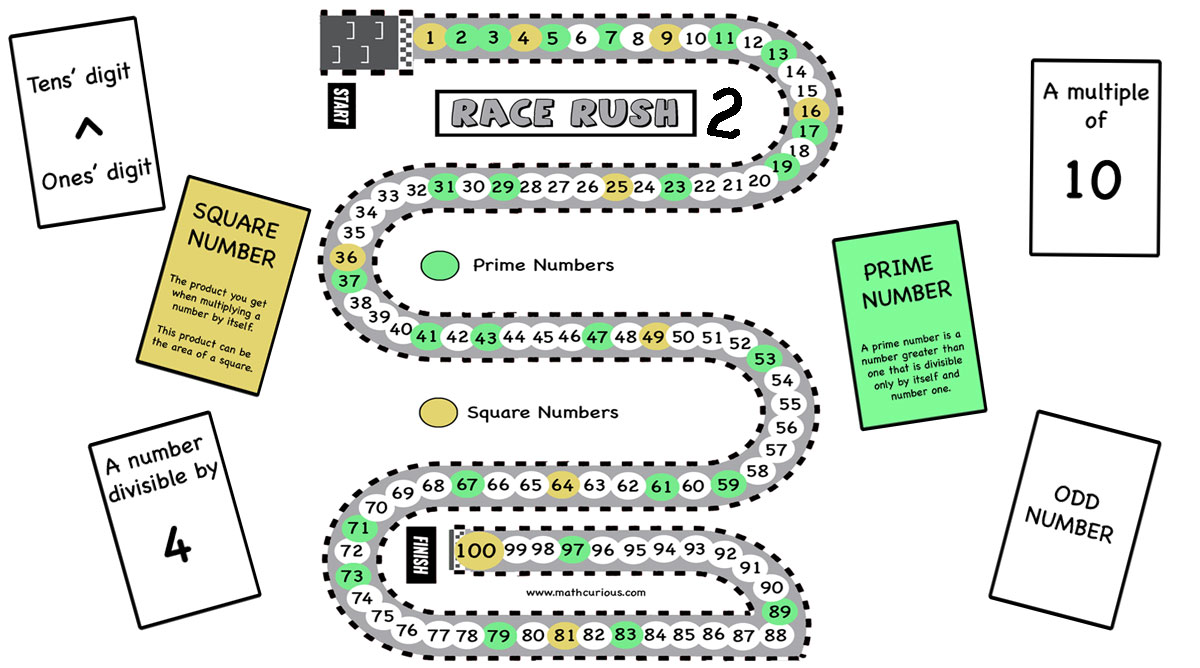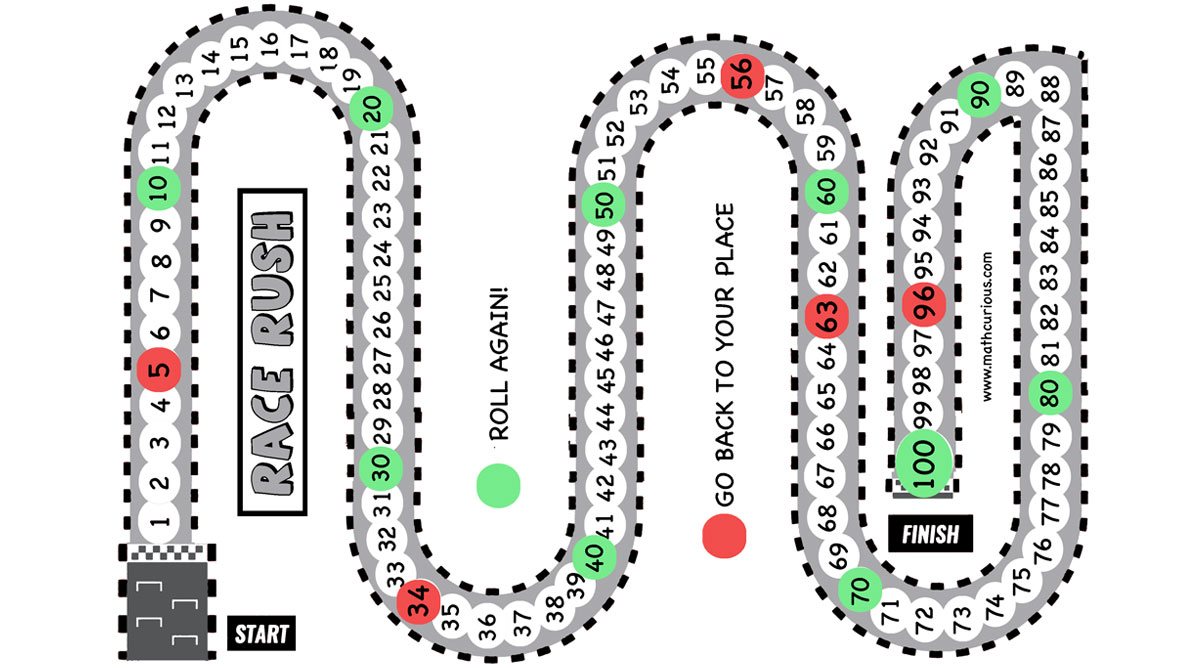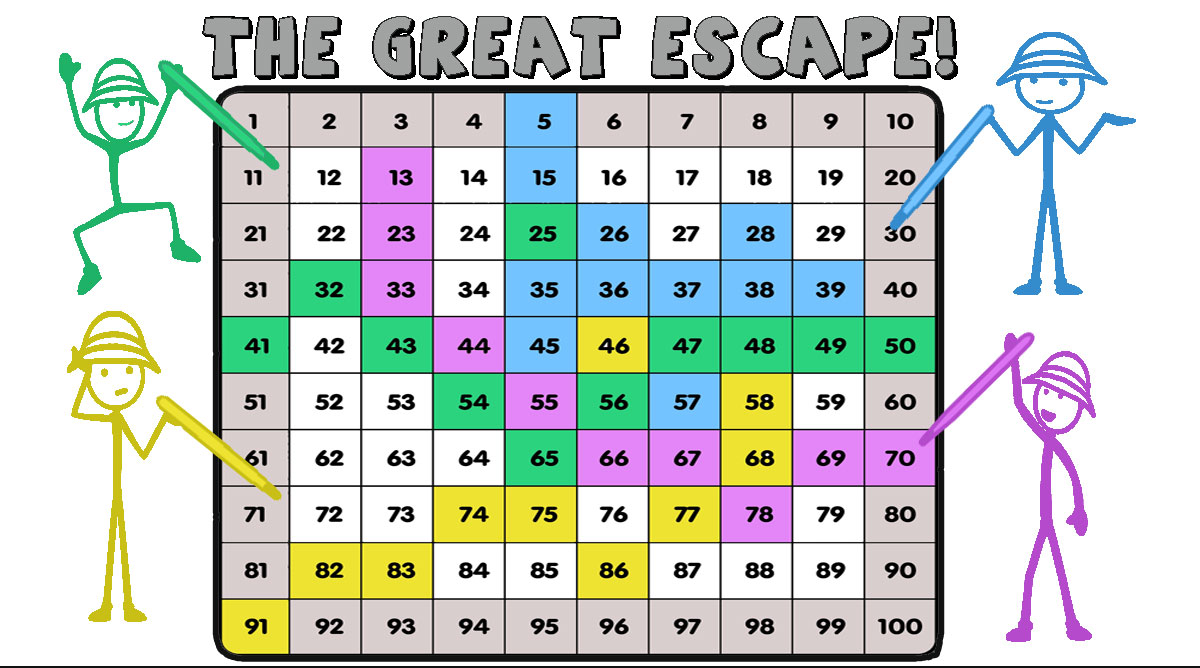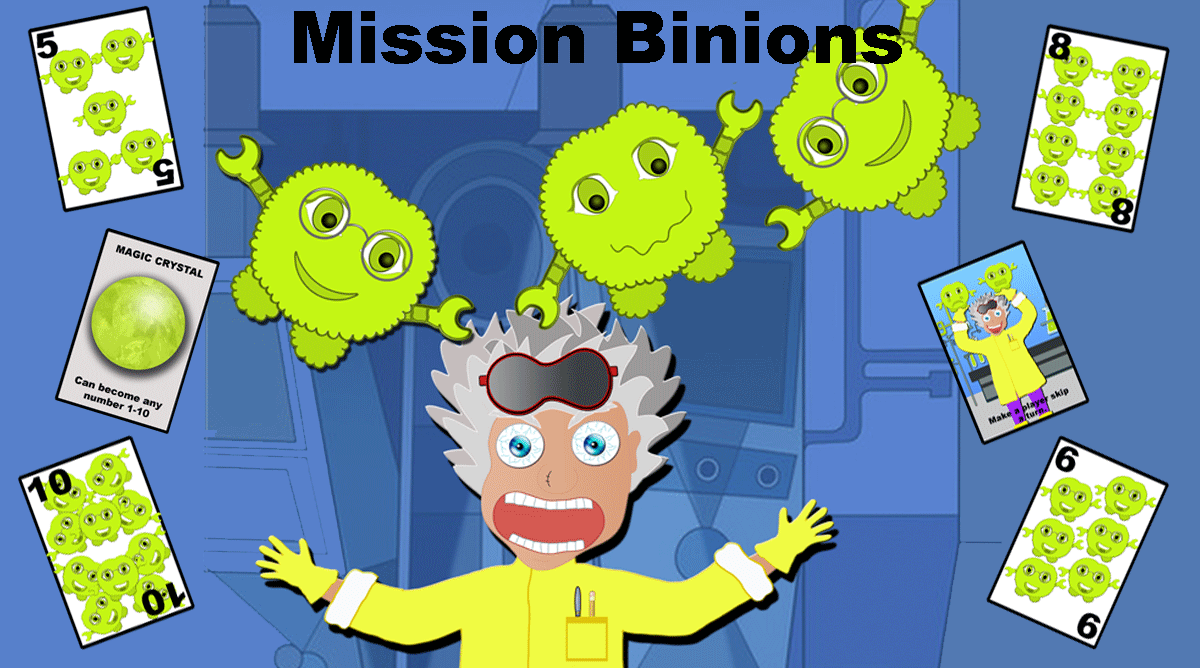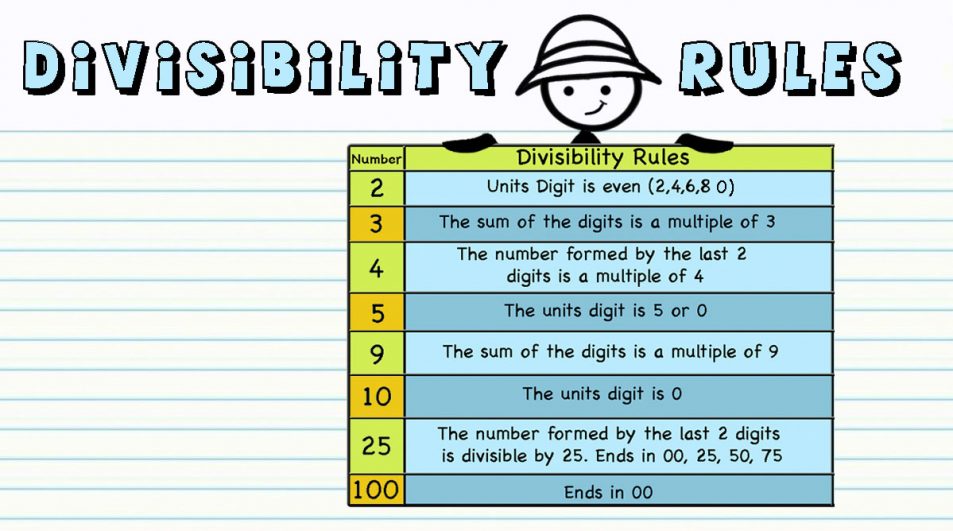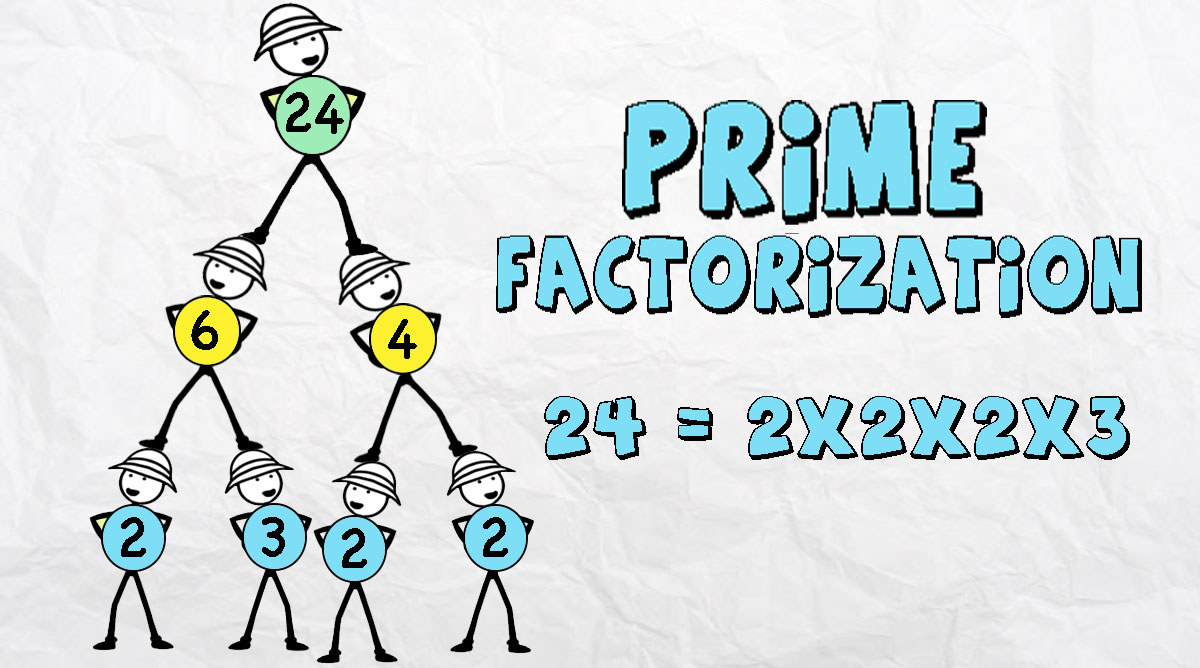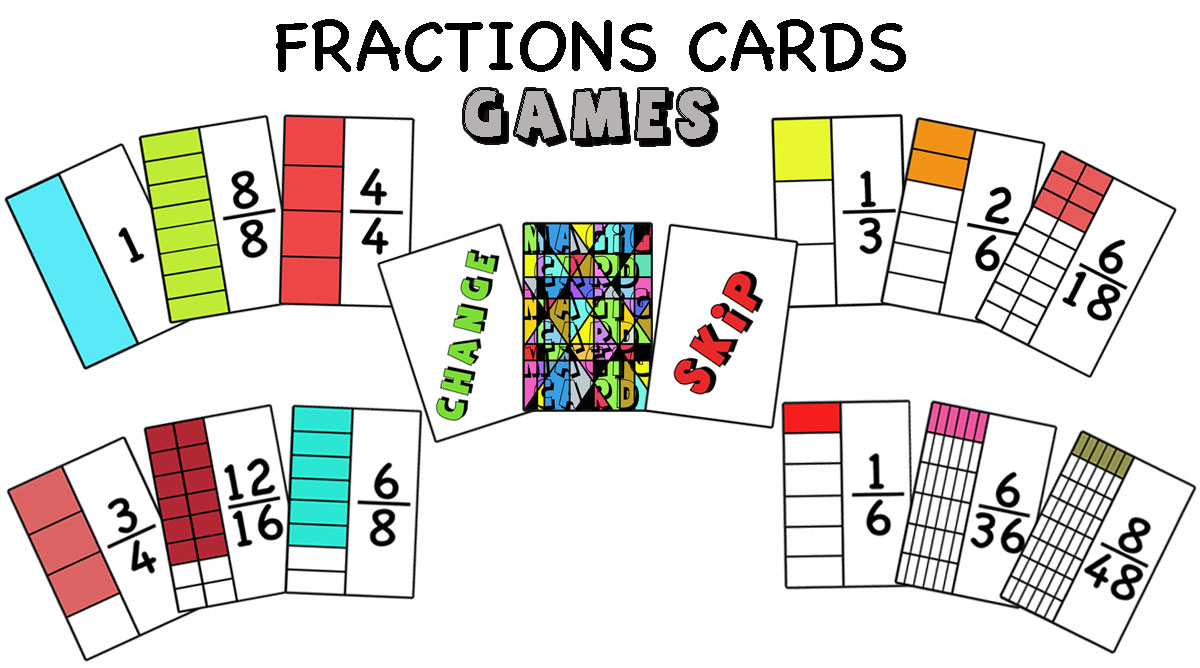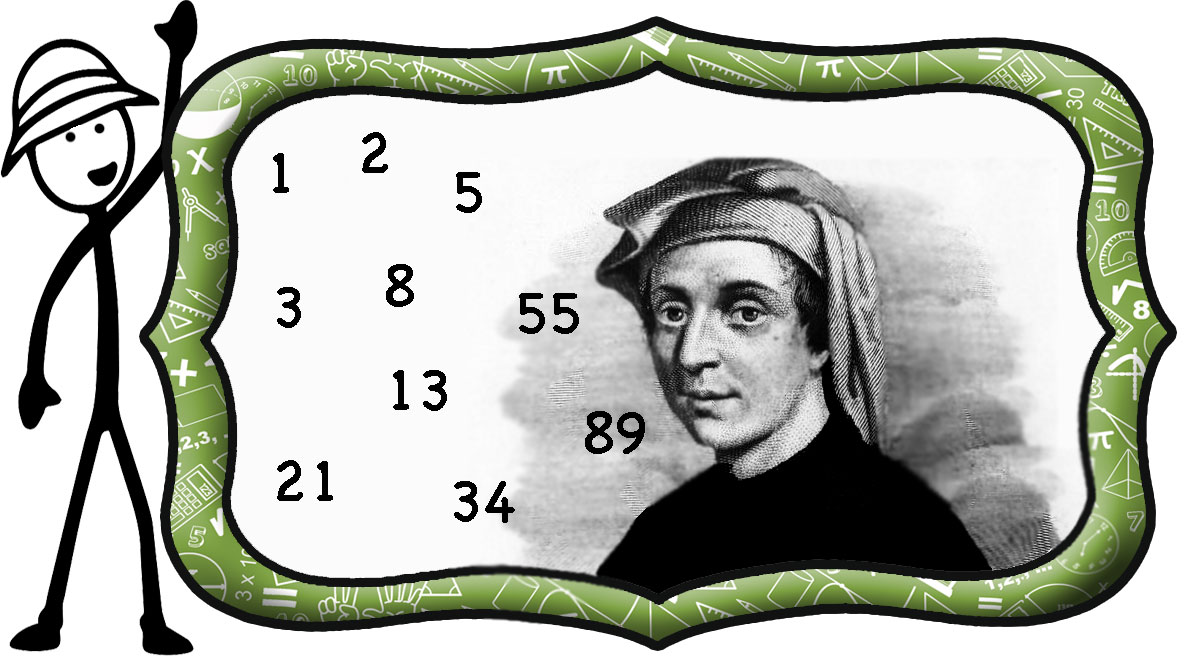Symmetry in Nature
Symmetry surrounds us. People, animals, plants, everything on the earth and outside is symmetrical. Symmetry is nature’s artwork that creates harmony and balance. So why not have a symmetry lesson outside, in nature. Spring and fall are the best seasons for this activity. Finding symmetrical objects with students while on …


